7 Skincare [Myth] you should know
Skincare is full of myths that can lead to confusion and frustration. From the idea that oily skin doesn’t need moisturizer to the belief that tingling means a product is working, these misconceptions can steer you wrong. In this article, we’ll clear up some common skincare myths and give you the facts. Whether you’re questioning sunscreen use or wondering about toothpaste for pimples, we’ll help you separate skincare truths from the myths.
1. Moisturizer Make Your Skin get used to it
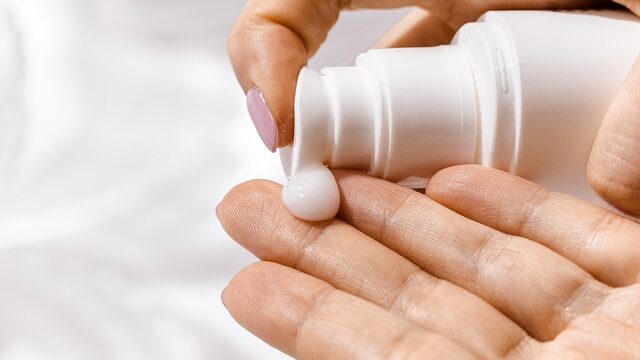
First off, your skin’s oil production is driven by your sebaceous glands, and these guys don’t just up and quit their job because you’re slathering on moisturizer. Your skin is like a well-oiled machine (pun intended!), and it continues to churn out its natural oils, regardless of how much moisturizer you use.
Now, here’s where it gets interesting. If your skin is dry or dehydrated, using a good moisturizer can work wonders. Consistent moisturizing helps to heal and soothe dry skin, and over time, you might notice that you need less cream as your skin becomes more balanced. But this doesn’t mean your skin is stopping oil production. It’s more about finding the right moisture balance.
So, to sum it up: moisturizers don’t make your skin lazy. They just help keep your skin in tip-top shape. Your sebaceous glands will keep on doing their job, producing oils to keep your skin naturally hydrated and protected.
2.Oily Skin Doesn’t Need Moisturizer
That’s not true!
Even if your skin produces a lot of oil, skipping moisturizer isn’t the answer. In fact, not using a moisturizer can backfire. When your skin doesn’t get the hydration it needs, it can start producing even more sebum to compensate, making your skin oilier than before.
The trick is to use a lightweight, mattifying moisturizer. These types are designed to hydrate without adding extra shine. By keeping your skin’s moisture balance in check, you can help reduce excess oil production. So, if you’ve got oily skin, don’t fall for the myth—moisturizer is still your friend!
3.Sunscreen Isn’t Necessary If You’re Not in Direct Sunlight
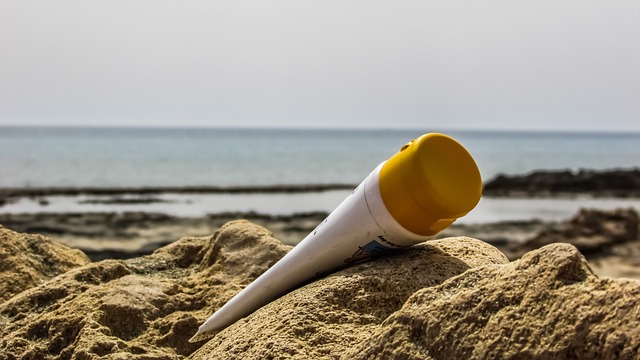
Think you can skip sunscreen if you’re not directly in the sun? Think again! This is a common misconception, but UVA rays are sneaky and can still cause harm even when the sun isn’t blazing down on you.
Here’s the scoop: UVA rays are present throughout daylight hours, whether it’s sunny or overcast. These rays can penetrate your skin deeply and lead to damage over time, contributing to premature aging by breaking down collagen and elastin. So, just because you’re not getting a sunburn doesn’t mean your skin isn’t at risk.
Wearing sunscreen daily helps protect your skin from these harmful rays, keeping it healthier and more youthful. It’s like an invisible shield against the aging effects of UVA rays, no matter how much sun exposure you’re getting.
4.Skin Must Get Worse Before It Gets Better
It’s a common belief, but it’s not always the case.
The idea probably comes from skin purging, which can happen when you start using new products like exfoliants or retinoids. Purging is when your skin gets a little chaotic and breaks out temporarily. This happens because these products speed up the skin’s turnover process, bringing underlying impurities to the surface.
But here’s the key difference: skin purging usually results in comedones (those pesky whiteheads and blackheads) rather than inflamed acne. Plus, it tends to clear up faster than regular breakouts. So, while it might seem like your skin is getting worse, it’s often just part of the adjustment process.
If you’re seeing a lot of inflammation or your skin is struggling for an extended period, it might be worth checking in with a dermatologist. But remember, purging is usually just a temporary phase on the road to clearer skin!
5.Retinol Makes Your Skin Thinner
Not true! In fact, retinol is quite the opposite.
Retinol is known for its ability to boost collagen production, which can actually help thicken and strengthen your skin over time. When you first start using retinol, you might experience some initial thinning or sensitivity, but this is usually due to the exfoliating effect as your skin adjusts.
This initial thinning is temporary and part of the process as your skin sheds old cells to make way for new, healthier ones. Over time, as your skin adapts and collagen production ramps up, it’ll become thicker and more resilient.
So, if you’re worried about retinol making your skin thinner, don’t be. It’s more about your skin getting used to the new routine and then benefiting from the long-term collagen boost.
6.Toothpaste Can Treat Pimples
Thinking of using toothpaste as a pimple fix? You might want to rethink that strategy. While it’s a common home remedy, toothpaste isn’t the miracle cure it’s cracked up to be.
Toothpaste can actually irritate your skin. Ingredients like fluoride and menthol, which are great for your teeth, can be harsh on your face and might make acne worse. Instead of helping, these ingredients can cause more redness, dryness, and irritation.
For treating pimples effectively, stick to products designed for acne treatment, like salicylic acid or benzoyl peroxide. They’re formulated to target acne without causing extra irritation.
Next time a pimple pops up, save the toothpaste for your teeth and use a proper acne treatment instead!
7.Tingling or Burning Means a Product is Working
Ever felt a tingle or burn and thought, “Yep, it’s definitely working!”? Not so fast. While a mild tingle from things like exfoliators can be normal, it doesn’t always mean the product is doing its job.
A little tingle can be a sign that your exfoliator is getting to work. But if you’re feeling a strong burn or intense discomfort, that’s a sign to hit pause. It could mean the product is too harsh for your skin or that you’re having a reaction.
Pay attention to what your skin is telling you. If it’s more pain than gain, it’s time to ditch the product and find something gentler. Your skin will thank you!
![Skincare [Myth] you should know](https://dermacaredreams.com/wp-content/uploads/2024/09/knowledge-4171793_640.jpg)
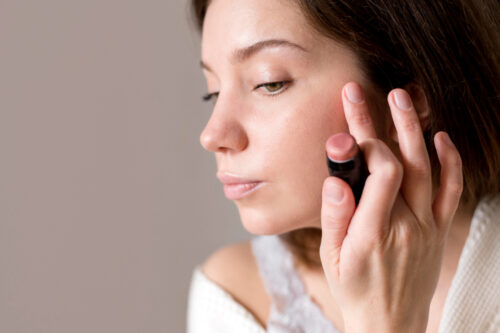
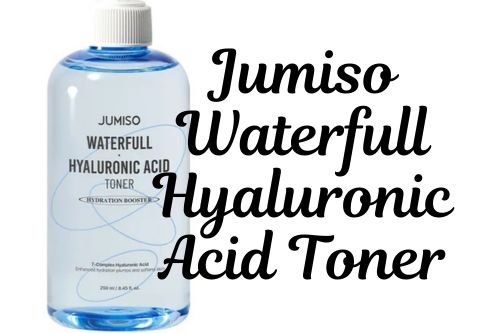
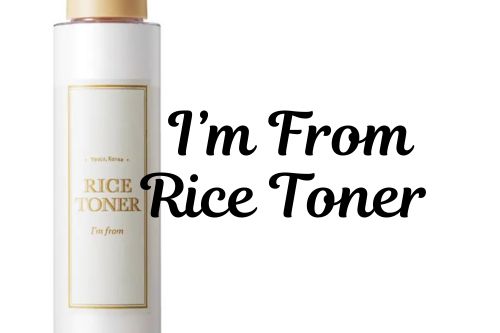
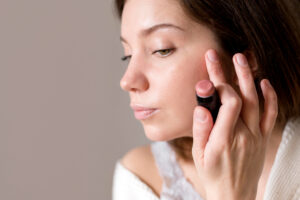
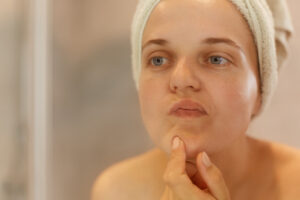
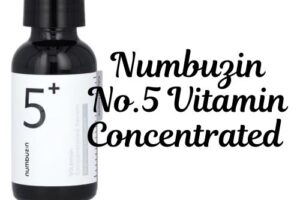
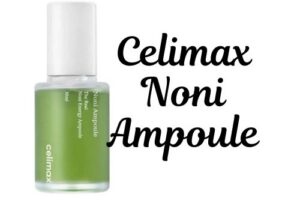
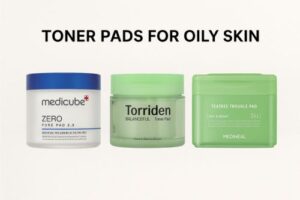
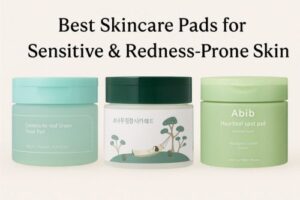
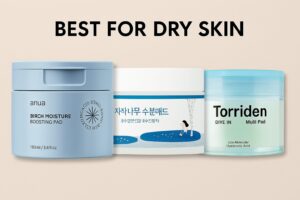
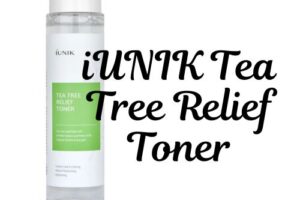
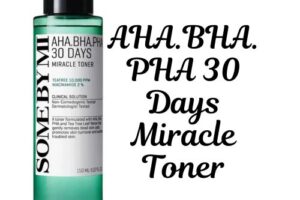
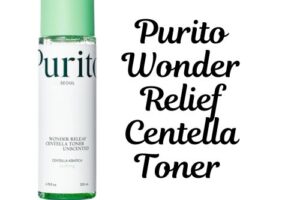
4 comments